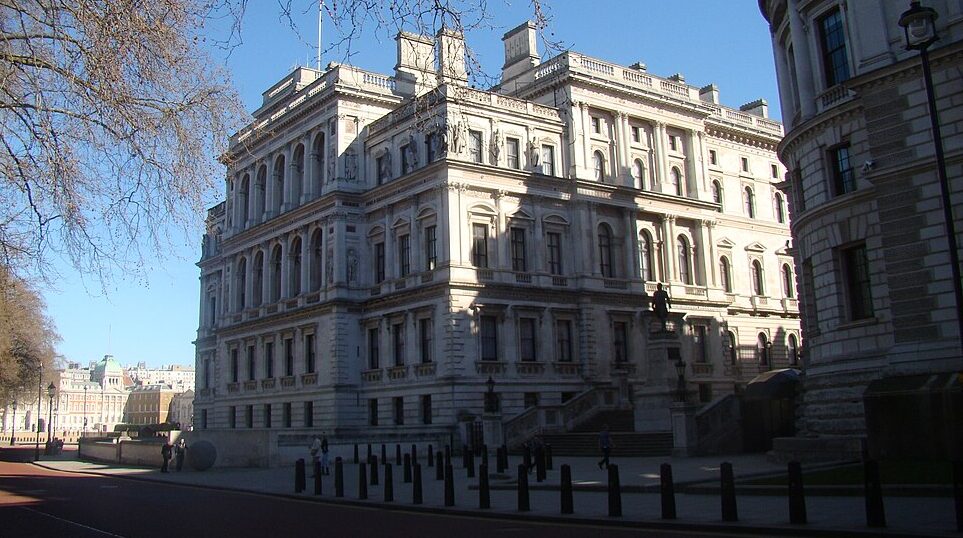The government warns solicitors remain a ‘high-risk’ channel for money laundering, despite falling reports and low non-compliance
Solicitors remain prime targets for criminals seeking to launder dirty money, according to the UK’s latest National Risk Assessment. The long-awaited report, jointly issued by HM Treasury and the Home Office, brands legal professionals as “high-risk” — even though direct prosecutions remain rare and compliance failures low.
The report is the first major update since 2020 and confirms fears that the veneer of legal respectability continues to attract criminal exploitation. Despite efforts to tighten anti-money laundering (AML) controls, the government argues the nature of legal work — especially in conveyancing and company formation — makes the sector uniquely vulnerable.
One cited case involved a solicitor who helped funnel £4 million through a shell company to purchase a luxury Mayfair property. He faked a ‘letter of engagement’ to legitimise the transaction, and was eventually given a suspended prison sentence and barred from practice for a year.
Such examples are giving fresh fuel to the Solicitors Regulation Authority (SRA), which has ramped up its disciplinary actions across firms large and small. A recent tribunal decision imposed a £58,000 fine on an east London firm, warning it was “a matter of luck” that the firm hadn’t actually enabled laundering.
The SRA’s AML director, Alexandra Jones, welcomed the government’s findings as validation of the regulator’s aggressive enforcement strategy. “Legal services continue to be vulnerable to misuse,” she said. “We are updating our risk assessment to help firms respond better.”
Yet not everyone is convinced by the government’s stance.
The Law Society reacted with frustration, accusing officials of painting the entire profession with a broad brush. President Richard Atkinson called the ‘high-risk’ classification disproportionate and lacking in hard evidence.
Embed from Getty Images“There have been very few, if any, convictions for money laundering involving solicitors,” he said. “The government must recognise how far the profession has come in tightening compliance and improving transparency.”
The report acknowledges that AML non-compliance is now relatively rare. In the last financial year, only 16% of law firms were found in breach of money laundering regulations — and even those were mostly firms displaying complacency or poor training, rather than malicious intent.
Still, the government insists the high-risk label must remain, citing the sector’s ability to move large sums under the cloak of legal legitimacy. It also warned against reading too much into falling Suspicious Activity Reports (SARs) from solicitors, noting the drop may reflect underreporting, not reduced criminal interest.
Sham litigation, previously flagged as a potential risk in 2020, is no longer considered a serious concern, with only one known prosecution. But conveyancing and corporate structuring remain top targets for abuse.
The findings could complicate the Treasury’s recent pledge to introduce simpler and more proportionate AML rules before year-end. Critics now fear that any regulatory softening may appear reckless in light of the new high-risk designation.
With trust in the legal system already frayed by the Post Office scandal and other institutional failures, the risk of professional ‘enablers’ turning a blind eye to criminal finance is fast becoming a flashpoint for regulators, ministers and the public alike.
